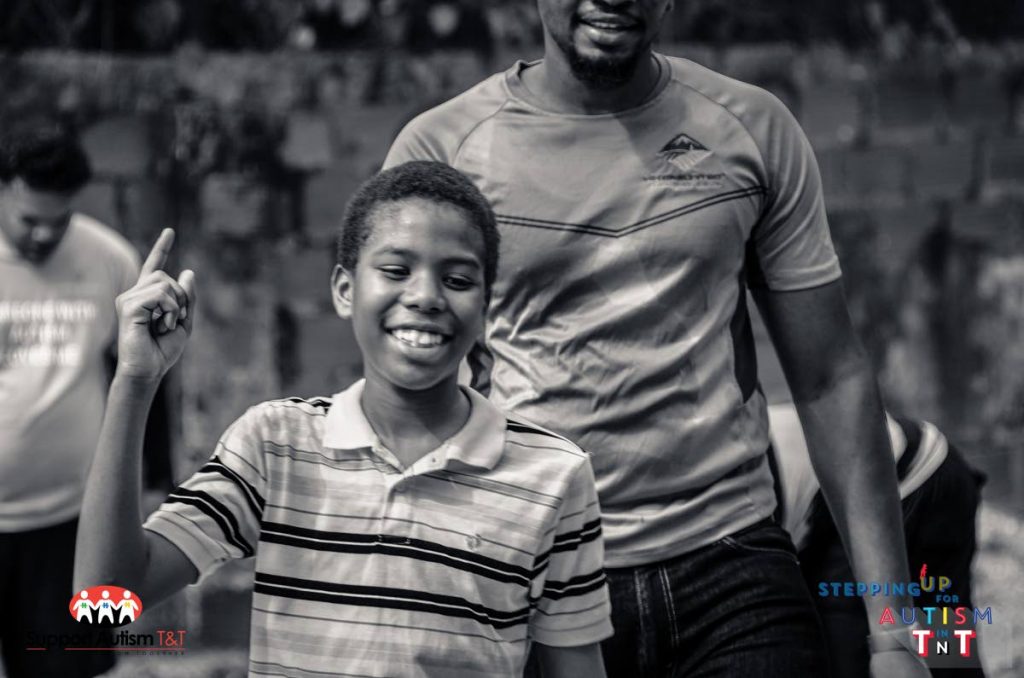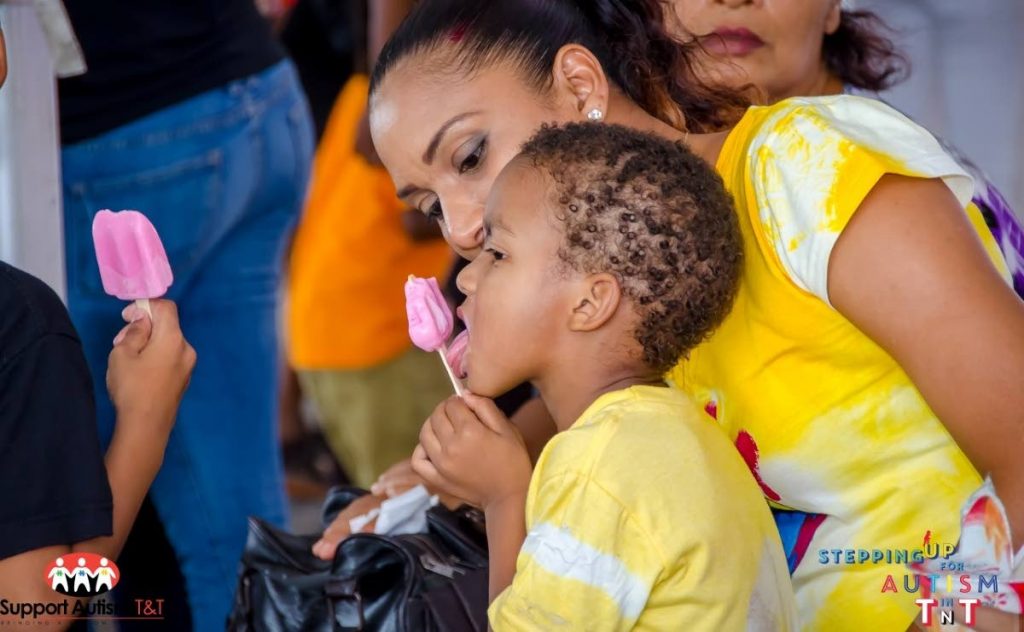Autism and the vicious cycle of poverty

DR RADICA MAHASE
ANNABELLE is a single mother to two children. Her 18-year-old son Dion was diagnosed with severe autism when he was three. Her older son Damian is 21 years old and has been the family’s main breadwinner for the past two years until he was diagnosed with epilepsy six months ago. Since Dion needs constant care, Annabelle can’t leave him anywhere and go out to work. She gets a grant for Dion from the Ministry of Social Development and Family Services and the family survived on that along with the money that Damian earned.
When Damian started getting seizures she used all her savings to take him for medical care. He had to join the clinic and the money went into hiring a taxi to take him from Palo Seco to Mt Hope Hospital because she couldn’t risk him getting a seizure on public transport. It went into paying for a cousin to stay with Zion all day as they would leave for the hospital at 5 am and get back 12 hours later on a good day. The money went into buying medications for Damian since it hasn’t been available in the hospital pharmacy since he joined the clinic. Sometimes she has to choose which medicines not to buy when she doesn’t have enough money to afford all.
The past six months have been very challenging and since Damian has stopped working Annabelle has been fully dependent on Dion’s social welfare grant alone. “You think I like to depend on this one grant? I want to work but where will I leave Dion if I get a job? And who will be there to take Damian to the clinic? I don’t want to depend on a grant. It is frustrating because I am capable of earning a living, I just can’t seem to find a way to do that. It’s just me and my boys and I can’t even take care of them properly without getting some handout from somebody. I am supposed to be their caregiver but what kind of care am I giving them?”

Poverty is real in TT. We may turn a blind eye to it, maybe even convince ourselves that only a few people are really struggling but Annabelle’s situation is not unique. She is not the only mother of a child with autism or other special needs in this situation. The United Nations noted that, “Poverty entails more than the lack of income and productive resources to ensure sustainable livelihoods. Its manifestations include hunger and malnutrition, limited access to education and other basic services, social discrimination and exclusion, as well as the lack of participation in decision-making.” All of these are applicable to Annabelle’s situation.
Her situation is the perfect example of that vicious cycle where her sons are most likely going to have to depend on social welfare grants unless Damian recovers and can go out to work again. However, with the lack of access to all his medications this might not happen any time soon. In Dion’s case, his only options seem to be welfare grants and kind actions of good Samaritans for the rest of his life.
The covid19 situation with the closure of businesses, unemployment, etc, has made poverty more visible poverty in TT. But Annabelle’s situation is a clear example of many families of individuals with special needs who survive on less than basics for years simply because that’s all they can access. Cut off from society, their only source of income is a social welfare grant. Lack of education, inaccessibility to information and the general family situation prevents them from breaking the cycle.
The cycle of poverty is the "set of factors or events by which poverty, once started, is likely to continue unless there is outside intervention." In our case, this intervention has to come from the government. There need to be a real focus on ending this cycle amongst the special needs population. When a parent/caregiver is able and willing to work there should be other support systems in place to facilitate this, particularly centres for their children to stay and learn, reliable access to medical care, etc. The cycle of poverty can only be broken if there is a conscious attempt to implement policies to end it. That is not yet the case in TT. And so the cycle continues.
Anyone who wants to sponsor a child with autism can contact 791-1320 or e-mail ttautismnetwork@gmail.com
Dr Radica Mahase is the founder/director, Support Autism T&T

Comments
"Autism and the vicious cycle of poverty"